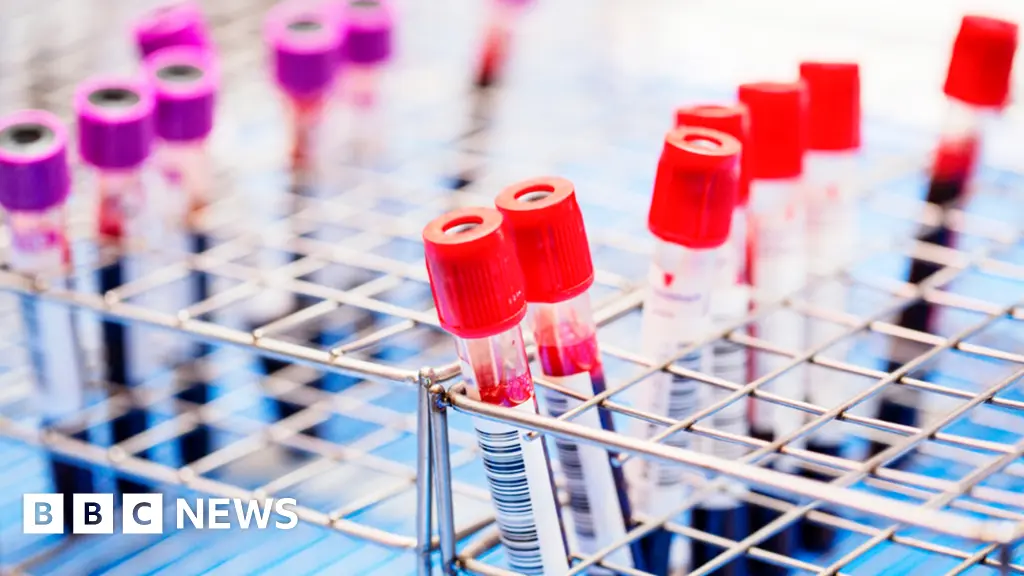Not surprising. This tech is basically using similar processes to what viruses use to change our genetic material.
okay… artificial viruses technology 🤯, welcome to 2024.
crispr is the one tech that I would say is scifi level type that could help with a lot of things nowadays. Its the tech that gives me the most hope for the future.
Could you say something more about it?
One of the most promising uses of CRISPR that’s being investigated right now is it’s use to combat climate change by modifying plants to sequester carbon.
Also being used for treating sickle cell anemia
That one isn’t just an investigation
yeah. as gaywallet said there is sequestering carbon but you may have seen studies using microbes or brewers yeast to deal with pollution and that is just the base organism. since cripr opens up genetic engineering we can take things that can sorta do stuff and increase how good they are at it. We could improve production of fuels and chemicals from biomass. possibly create biological power supplies. Think electri eel tuned to provide electricity. This is beyone that fact that it has the potential to cure any medical issue that is not straight out physical damage like a broken leg.
That’s amazing
I mean Im going a bit pie in the sky but its a tool at this point so its just more engineering usage of it over basic research. So like we are coming into an age of genetic engineering whereas before crispr genetic engineering was at the level of fusion. We could do it but not very easily and with such specificity.
Ah now I get it
The problem is if you leave a single provirus, HIV can return. It’s different than needing to supply a functional form of a protein to enough cells that the body benefits. You can get high delivery rates with enough effort. But 100%?
By prolonging the anti retroviral therapy (with a regime containing a Reverse Transcriptase or Ingetrase Inhibitor) for a certain time after the CRISPR-Cas treatment should lead to the complete elimination of the viral DNA, comparable to PrEP in un-infected individuals.
If we ignore the costs, wouldn’t it be mostly a game of probabilities? If that’s the case it would be a matter of repeating the treatment often enough to reduce the probability of the virus returning to effectively 0.
If we ignore the costs, wouldn’t it be mostly a game of probabilities? If that’s the case it would be a matter of repeating the treatment often enough to reduce the probability of the virus returning to effectively 0.
Yes, but a game of probabilities can mean that the management of a chronic condition becomes easier. It takes a certain amount of time for HIV to activate into AIDS. Modern management of HIV is a daily medication where dosage has a lot to do with what state you catch HIV in. With something like this, even if we cannot completely remove HIV from the person’s system, we may be able to reverse it to a state where it can be managed by the existing immune system and eliminated/cured, or at the very least can reduce how much of the medication one needs to be taking to keep things in check.
To patients treatments like this might mean that in the future they may simply need to take a single pill or injection or undergo a minor procedure (such as an implant) much less often than once per day. This could greatly reduce the anxiety that one might experience around the question of whether they took their medication that day, or even remove the burden of having to refill/take a medication daily because it is instead an injection or procedure or implant.
We are, of course, a LONG way from this being possible as human application of CRISPR is extremely limited and extremely expensive (we’ve cured sickle cell anemia in several humans now, with costs of the procedure in the millions) at this point in time, but it’s also amazing that we’ve even done that given how new CRISPR is.
My concern is it is a game of diminishing returns. But you’re right, repeated treatments would help and perhaps be necessary. This assumes that when the virus is latent there is no leakiness to that. If it spreads between cells a bit between treatments, then it could be a game of whack-a-mole.
To some extent but given the large number of cells in your body it does raise questions of whether the effort required to confidently hit every infected cell is safe or worthwhile.






